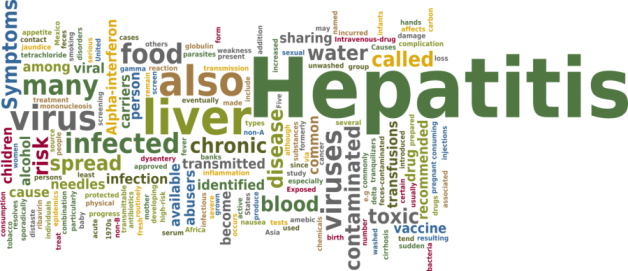
Study author Chia-Hung Kao said, “Many factors clearly play a role in the development of Parkinson’s disease, including environmental factors. This nation-wide study, using the National Health Insurance Research Database of Taiwan, suggests that hepatitis caused specifically by the hepatitis C virus may increase the risk of developing the disease. More research is needed to investigate this link.”
The World Health Organization estimated 130 to 150 million worldwide have hepatitis C which can lead to serious illness and can go undetected as it may not present itself with many symptoms at first.
Hepatitis C can be transferred through the sharing of needles, needle stick injuries in health care workers or passed from mother to child during pregnancy and birth.
The new study involved 49,967 people with hepatitis and 199,868 without. Participants were divided into three groups: those with the virus, those without, and those with both hepatitis viruses.
Participants were followed on average for 12 years and cases of Parkinson’s disease were recorded. In the hepatitis group, 270 people developed Parkinson’s disease – 120 of them had hepatitis C. In the group with no hepatitis there were 1,060 cases of Parkinson’s disease.
After for controlling for other factors, researchers found that those with hepatitis C had a 30 percent greater risk of developing Parkinson’s disease compared to those who did not have the virus. Those with hepatitis B or both viruses did not have a significantly higher or lower risk of Parkinson’s disease.
Sources:
http://www.eurekalert.org/pub_releases/2015-12/aaon-hct121815.php